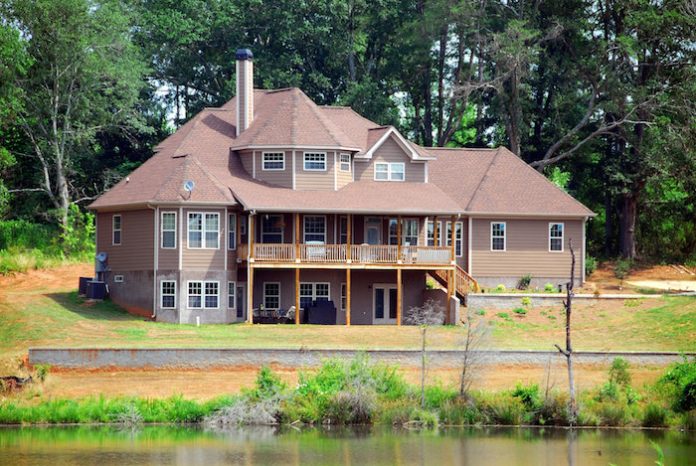As more and more people are becoming more environmentally conscious, they are searching for ways that they can save energy in their homes to lower their carbon footprint. Energy efficiency means you are doing what you can to use less energy and reduce your home’s energy waste, while saving money all at the same time.
To become more energy efficient, it takes more than just using less energy. You need to be sure that you are aware of how the energy in your house is being used, including where energy is being wasted and how it can be used more effectively in your everyday life.
There are so many ways to save energy in your home, so we are going to discuss the top 10 ways to start using less energy inside your living space.
Change Light Bulbs
By replacing the five most used lightbulbs in your house with a model that has earned an Energy Star (highly energy efficient), you can save as much as $75 per year. The most popular energy-efficient light bulbs include halogen bulbs, compact fluorescent lamps (CFLs), and light emitting diodes (LEDs). These types of bulbs can use 25% to 80% less energy than traditional light bulbs and can last 3 to 25 times longer than regular light bulbs.
Wash Clothes in Cold Water
By using cold water to wash your clothes instead of hot water, you can reduce your energy usage an estimated 75% to 90%. Most of the energy your washing machine uses is to heat the water for the washing cycle. Washing your clothes in cold water means that you do not have to use that extra energy to heat up the water.
Air Seal Your Home
If you feel a random breeze while you are walking past a window or a door in your house, you might have an air leak. This could cause your heat or air conditioning to run over time to keep your home the temperature you have it set at. This can use a lot of energy that you do not need to use. Find where the leak may be coming from and patch it up to prevent more leakage.
Turn Off Heated Dry
Your dishwasher probably uses a heated dry setting to make sure your dishes are completely dry by the end of the cycle. You can eliminate some energy usage by turning this feature off and allowing your dishes to air dry. Of course this process will take longer, but it will save you energy in the long run.
Avoid Air Conditioning
Your air conditioning unit probably uses way more energy than you’d expect. During warm months in the summer, you can avoid using your air conditioner in your home by keeping your blinds and curtains shut on the side where the sun is shining. This will help keep your home cooler without the use of your air conditioner.
Keep the Oven Closed!
While you are cooking, it is highly recommended to keep your oven closed and not peek inside. This is because your oven temperature can drop as much as 25 degrees each time it is opened. That means your oven will have to work harder and use more energy to reheat to the specified temperature.
Turn Off Electronics
If you are not using your TV, computer, printer, or any other electronics, you should keep them off. You should turn these devices on only when you will be using them and turn them off when you are finished. This will eliminate any unnecessary energy usage.
Switch to an Energy-Efficient Thermostat
There are several different types of thermostats out there than can help you use less energy in your home if you absolutely have to have your air conditioner or heat on. This review discusses the different types of Nest thermostats on the market, which one is the best, and how they are energy efficient.
Keep Refrigerator and Freezer Full
Your refrigerator and freezer will actually operate the most efficient if they are full. You should keep these appliances as full as you can at all times. However, it is important to keep a perfect balance of full without overflowing, as this will reduce the efficiency.
Run Dishwasher and Washer/Dryer at Night
Using these large appliances at night will help your house stay cooler and will prevent the strain of the power grid during peak hours. This will use less energy in your home while still doing the same job the same way.
Conclusion
Creating an energy efficient home is way easier than you may think. You don’t have to use your devices less, except maybe your air conditioner. But for the most part, these changes are so simple you won’t even notice them on a day-to-day basis.
Find a Home-Based Business to Start-Up >>> Hundreds of Business Listings.
















































